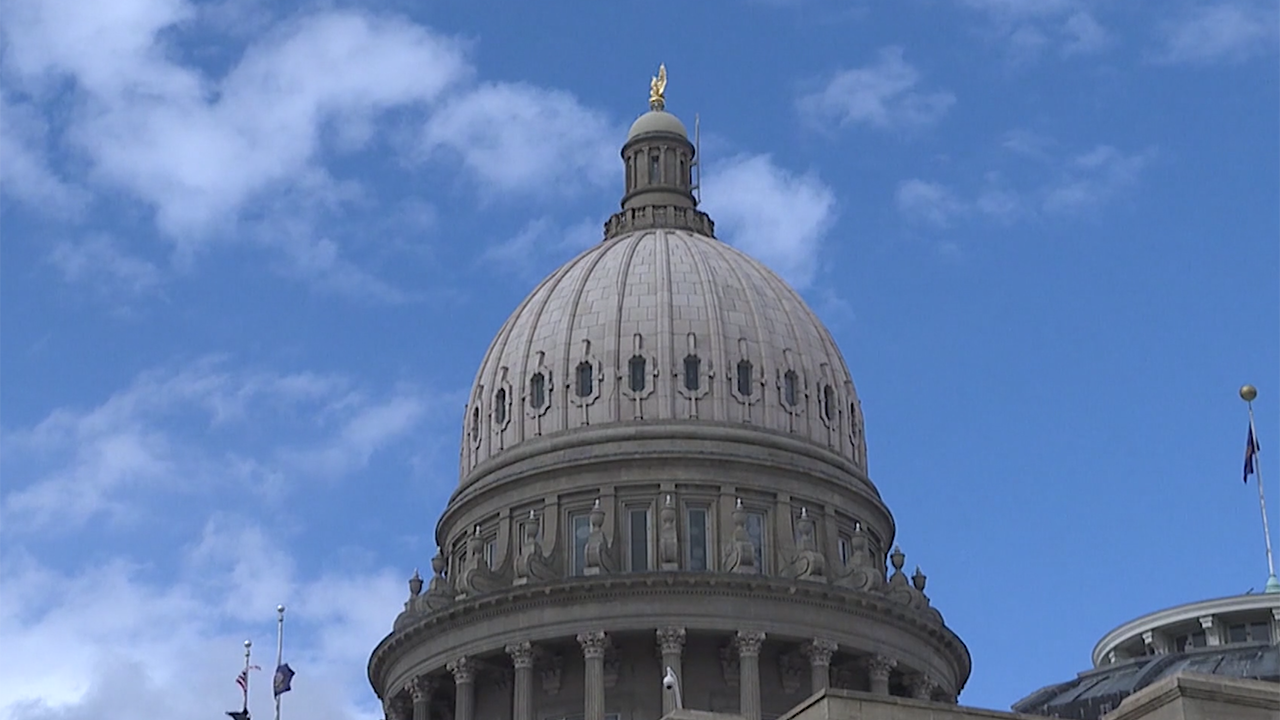Idaho House seat goes to Republican after glitch reported

BOISE, Idaho (AP) — What initially appeared to be a Democratic win in the Idaho House has turned into a Republican victory after a glitch in reporting early voting was corrected in south-central Idaho, a state election official said Thursday.
Chief Deputy Secretary of State Chad Houck said the House seat representing Jerome, Blaine and Lincoln counties went to Republican Jack Nelsen, not Democrat Karma Metzler Fitzgerald, after more than 700 votes were added to the count on the state website late Thursday morning. The Associated Press has yet to call this race.
Houck said Jerome County officials noticed vote totals on the secretary of state’s website didn’t match their count for the district — District 26. Houck said his office worked with county officials starting Wednesday and discovered a glitch that prevented early votes in the county from being tallied on the state's website.
The change gave the win to Nelsen by 83 votes — 7,916 to 7,833. Initial results had him losing by several hundred.
The change also narrowed the margin of victory in the other two legislative races in the district, but didn't change those outcomes, Houck said.
In those races, Democratic Rep. Ned Burns' margin of victory over Republican Mike Pohanka narrowed to fewer than 40 votes out of nearly 16,000 votes cast.
In the Senate race, Democratic Ron Taylor retained a margin of more than 500 votes out of about 16,000 cast over Republican Rep. Laurie Lickley, who was trying to make the jump to the Senate.
The AP has called the race for Taylor, but has not made calls in the two House races in District 26.
Houck said he didn't see additional changes to the totals, noted there is a series of steps the counties and the state must go through before vote totals are made official later this month.
“None of those three counties has made their results final,” Houck said. “I'm not saying it's going to change, but it's still an unofficial result.”
He said some problems are to be expected, which is why counties are given more than a week to finalize results.
“This isn’t a surprise to me,” he said. “This is an intense data process. It is a very intense human process. It’s not uncommon to see adjustments made. This is a much more visible one.”
If the statewide results remain unchanged, Republicans will enhance their supermajority in the House by going from 58 to 59 seats, dropping Democrats from 12 to 11 seats. The Senate, based on current vote totals as reported by the state, will remain at 28 Republicans and seven Democrats.
Houck noted a problem also occurred with Teton County vote totals involving several hundred votes. He said workers knew there was a problem when vote totals were short of what they expected. He said workers found a box of sealed, secured early votes that hadn't been counted. Houck said the additional votes didn't change the outcomes of any races.
This year’s general election will be followed by an audit of ballots chosen at random from precincts in eight counties. The audit follows a new law to increase public confidence in election results by checking paper ballots. Republican Gov. Brad Little called for such audits at the start of the year as part of his “Leading Idaho” plan that includes enhancing election transparency.
The first audit under the new law was conducted after the May primary. Officials said it found only six variations from initial results of about 20,000 ballots. About a third of Idaho’s nearly 1 million registered voters cast ballots in the primary.






